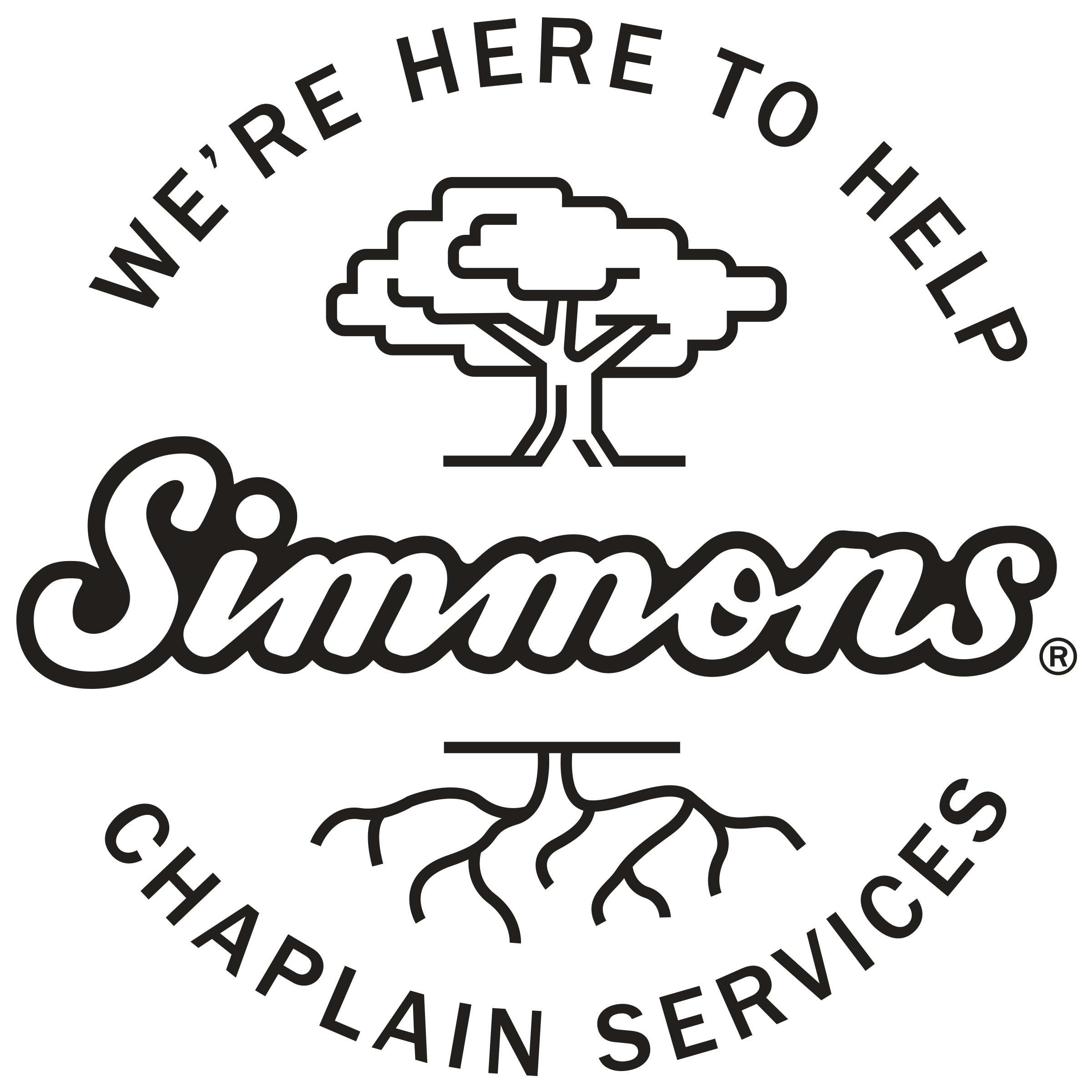Navigating Anxiety
This is a temporary state. It helps to say it.
One particularly troubling aspect of this pandemic is the open-endedness of it.
The precautions we are taking are the right ones. History tells us that.
This is survivable. We will survive.
This is a time to overprotect but not overreact.
Let me be clear on what I am saying here. In no way am I trying to minimize or trivialize the impact that the COVID-19 virus is having on the health of the people of the world. We are facing a threat that no one has ever experienced before.
I have seen a cholera epidemic rage during my time as a missionary in Bolivia, dealt with Hepatitis A in myself and my family, watched on TV as the second plane hit the Tower on 9/11, and have been trained and certified in Critical Incident Stress Management. In the last 38 years I have worked with dying people on hospice, sick people in the hospital, coworkers in food preparation, and anxious “first-time flyers” in missionary aviation settings.
Still, I was not trained for anything like this. My journey as a pastor and human being has taught me some difficult lessons about trauma and ministry. The current crisis will be different from any I experienced; still, there are a few things that I learned that I wished someone had told me beforehand. Perhaps some of these lessons will be helpful to you in the coming days, months, and years.
It is the anxiety surrounding COVID-19 that I am talking about today, just the anxiety. Most of it is not severe or crippling anxiety, but many small worries about daily life and events. So, what do you say to someone who is struggling and overwhelmed with “Corona Anxiety?” Telling someone to “Stop it” is not enough (or kind), and doesn’t really help at all.
There is something powerful about naming what we are feeling on the inside. It is okay to say, “I’m having a hard time,” or “I cried last night.” When you name it, you feel it and it can move through you. Emotions need motion. It is important to acknowledge what we go through.
One unfortunate thing about Corona Anxiety is that we are having a hard time knowing (or trusting?) where it came from, where it is it going and especially when it will end. We just have to cope with it, but how can I do that?
Here are some coping suggestions:
Do not focus solely on yourself; consider the interests and needs of others.
Most of us know others who are more deeply affected than we are; some have lost jobs, some are forced to find child-care, some cannot find needed food and personal items, and some are sick. Listen to them, do something to meet their needs if you can.
Respond appropriately to the circumstances.
Overprotect, but do not overreact.
Be proactive in looking for ways to make the situation better in your community.
It’s okay to “hunker down” for a time, but don’t withdraw totally. Take appropriate, healthy actions when you can. Doing something gives us a sense that we are helping the situation instead of being helpless because of the situation.
Limit your “mental exposure” to the corona virus as you limit your physical exposure to it.
Limit “screen-time” as much as you can. Social media and news media make their money by selling advertising. They have an agenda, and that includes making money. In order to sell advertising in today’s world, they get as much about the corona virus in front of as many people as possible. Remember, their main agenda is to make money for their owners.
Slow Down.
Busy does not equal important. Many of us suffer from hurry sickness, and it adds to anxiety. Write your to-do list in pencil because it will change.
Reduce your anxiety level.
Anxiety is the interest paid on trouble before it is due. Take a walk. Go fishing. Take a long bubble bath. Exercise. Practice deep breathing exercises.
Give up the “if onlys.”
The past has passed, the future is not here yet, and there is a reason they call today “The Present” accept it as a gift.
Know where you can – and cannot – exert influence.
Choose your battles and do not waste your time on battles that really do not matter.
Learn to be led rather than lead.
It’s okay to put yourself into situations that are not dangerous, but where you have to totally rely on others.
Meditate on Philippians 4:8-9.
“Finally, brethren, whatever things are true, whatever things are noble, whatever things are just, whatever things are pure, whatever things are lovely, whatever things are of good report, if there is any virtue and if there is anything praiseworthy—meditate on these things. The things which you learned and received and heard and saw in me, these do, and the God of peace will be with you." Philippians 4:8-9
Looking Back
An interesting study on coping was published in 2001. The survey took place September 14-16, 2001. The question was asked, “How did you cope on September 11?” More than one answer was welcomed. Americans answered:
Talking with others (98%)
Turning to faith & religion (90%)
Checked safety of family/friends (75%)
Participating in group activities (60%)
Avoiding reminders (watching TV) (39%)
Making donations (36%)
(The study is published in the New England Journal of Medicine 2001; 345:1507-1512. Based on a random-digit dialing survey of the U.S. on Sept 14-16)
REMEMBER…
This is a temporary state. It helps to say it.
One particularly troubling aspect of this pandemic is the open-endedness of it.
The precautions we are taking are the right ones. History tells us that.
This is survivable. We will survive.
This is a time to overprotect but not overreact.
~ Chaplain Larry Hendren


